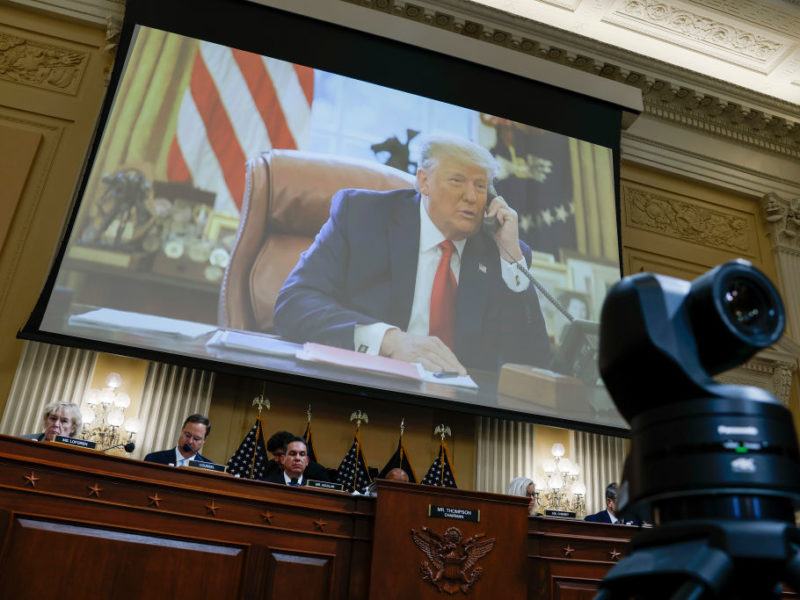Texas A&M Faculty Member Wins 2021 PROSE Award

Communication professor Jennifer Mercieca became the first Texas A&M University faculty member to win the Professional and Scholarly Excellence (PROSE) award. She recently received the award for for her book “Demagogue for President: The Rhetorical Genius of Donald Trump.”
Presented by the Association of American Publishers since 1976, the award recognizes distinguished professional and scholarly books, reference works, and journals.
“I’m very honored that my work on this book was recognized with the PROSE award,” Mercieca said. “It’s incredible to think that the jurors thought my book is the best academic book published last year in the whole area of government and politics – there’s a lot of other good books. I’m very grateful that the Texas A&M University Press trusted in me to write this book.”
Armed with deep historical and theoretical knowledge, in her book Mercieca explores how political theory and American political discourse frames citizens as romantic heroes, tragic victims and ironic partisans. She also examines how new media and public relations techniques mark a shift from the “rhetorical presidency” to the “post-rhetorical presidency,” and analyzes how the former president uses political discord to maintain a hold on his supporters.
“The word demagogue roughly translates to ‘leader of the people’, making every political leader a demagogue, in a sense,” Mercieca said. “We typically think of a demagogue as someone who misleads the people and uses polarizing language and propaganda for their own gain. But we can also understand a demagogue as a leader who defends the interests of the people against the other parts of the state.”
Mercieca also posits that the former president’s supporters saw him as a heroic figure, someone who was unafraid to speak his mind while fighting for the common people, while his detractors saw him as a dangerous demagogue, a leader who thrived off of division and fear mongering.
“A dangerous demagogue can best be understood as an ‘unaccountable leader’ and that demagoguery is the rhetorical strategies that demagogues use to prevent themselves from being held accountable,” she said.
Mercieca had been studying Trump’s rhetoric since 2015, when he began his first presidential campaign. Since then, she dedicated herself to studying his rhetoric through tweets, rallies, interviews and debates. In all, it took three years for her to write the cumulative 18 stories found within her award-winning book, and she still finds the subject fascinating today.
“In some ways Trump is an anomaly, but the concern is that his anti-democratic rhetorical strategies will become the new normal,” Mercieca said. “I wrote this book so others could understand how his rhetoric works and decide for themselves what they think about it. I believe that democratic stability requires democratic rhetoric.”
This article by Amber Francis originally appeared on the College of Liberal Arts website.





